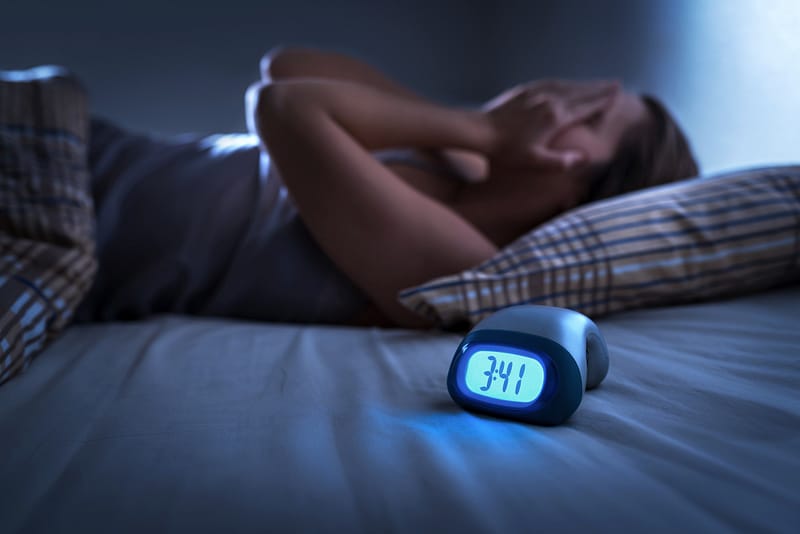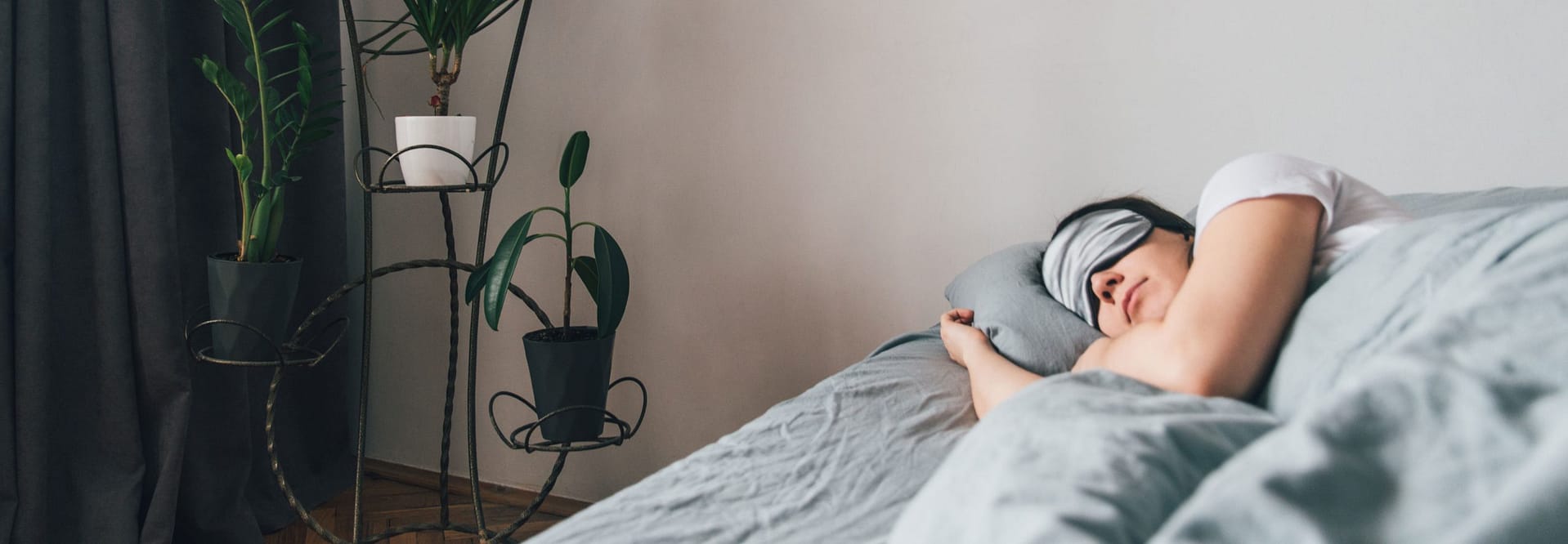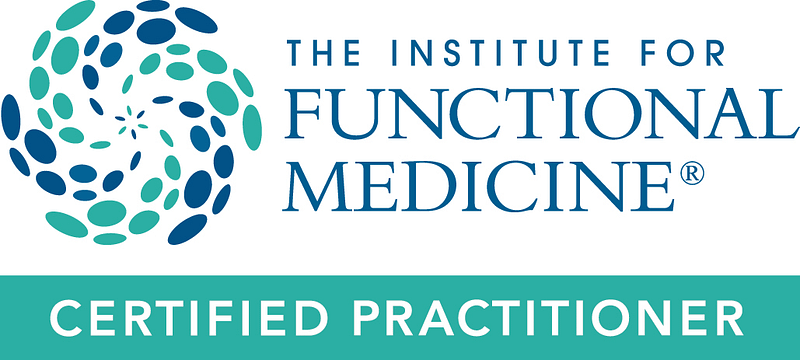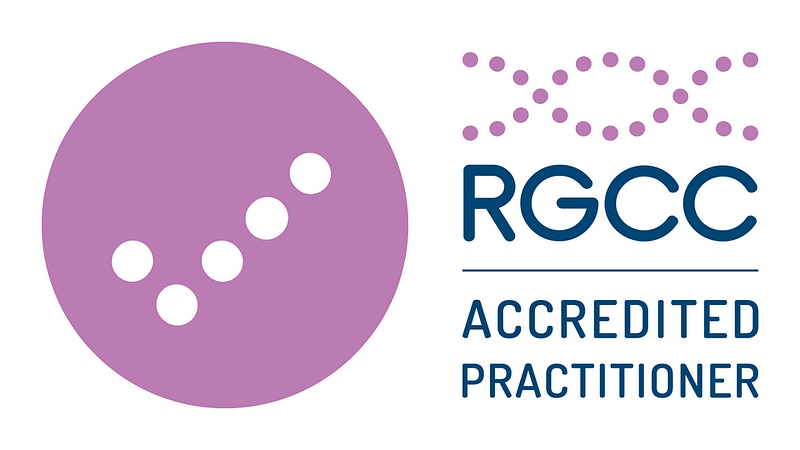By Kamila Fiore, APRN-C
One of the common issues I see with my patients daily is chronic inflammation, stress, and fatigue. One of the easiest and best ways to restore and heal our bodies is something we spend a big chunk of our life doing: sleep. Unfortunately, for some of my patients laying their heads down on a pillow, closing their eyes, and drifting into a deep restorative sleep can be a challenge and more of a nightmare than a sweet dream. I hope this blog can give those patients some tools, answers, and ultimately many good nights of refreshing sleep.
Some common reasons for interrupted sleep include:
- Exposure to blue light before bed
- Stress
- Blood sugar imbalances
- Undiagnosed or untreated sleep apnea
- Electromagnetic Frequencies (EMF’s)
- Nutritional deficiencies
- Allergies
- Toxic body burden
- Certain chronic infections such as Lyme disease
- Caffeine sensitivity
To start, I ask my patients to avoid blue light at least one hour before bedtime. Blue light-blocking glasses can be a huge help here, especially if screen time before bed is unavoidable. This will help promote one’s production of Melatonin – a hormone that helps us sleep and promotes brain detoxification. Keeping the bedroom dark and cooler at night is also helpful.
Decreasing stressful media can promote restful sleep as well. It’s important to get out of the flight or fight a sympathetic response and turn on our parasympathetic nervous system to allow the body to rest and heal. Some easy exercises to help our vagus nerve include humming, singing, and gargling. Taking a deep breath and pretending you’re breathing out through a straw is also very helpful. I also encourage finding time to quiet the mind, rest, meditate and/or pray.
Blood sugar imbalances are a big deal when it comes to sleep, especially if one is waking up around 3 or 4 AM and unable to fall back asleep. Keeping your carbs balanced with healthy fats and protein can help keep you off the blood sugar rollercoaster and therefore prevent Cortisol (our stress hormone) spikes which can keep us awake. Exercise and movement promote proper circulation, detoxification, and a healthy hormone balance as well.
Some of my favorite nutritional tools to help promote more restful and deeper sleep include Phosphatidyl serine, Melatonin, chamomile, lavender, L-theanine, and Magnesium. I especially recommend Magnesium L-threonate and/or Epson salt baths for a better night’s sleep. Targeted amino acid therapy, such as sublingual GABA, can help calm the brain and lead to better rest. Glycine can also be helpful as it helps increase serotonin and therefore decrease anxiety and insomnia. I occasionally get patients who have trouble sleeping due to restless leg syndrome (RLS). RLS can be helped by repleting nutritional deficiencies such as low iron, Magnesium, and/or Calcium. Ideally, we would test and treat accordingly. It’s also important to cut off caffeine after noon if someone is struggling with insomnia.
Additionally, Omega 3 fatty acids are a major building block for our brain and help reduce inflammation and keep our brain healthy and happy – promoting better sleep.
Patients with dust mite allergies, which may be keeping them up at night, can benefit from bioflavonoids like Quercetin in our SeasonALL formula and regularly changing/cleaning pillows and mattress covers, etc. An air purifier can also be beneficial.
I hope some of these tools can help you get some restorative Zzzs for a healthier and happier you.










